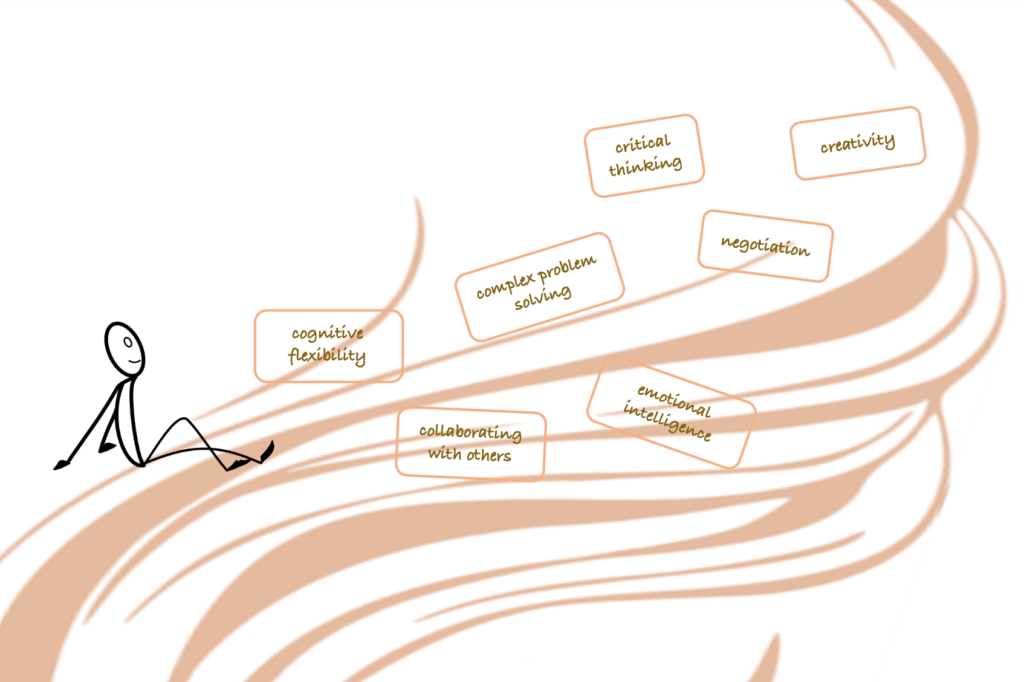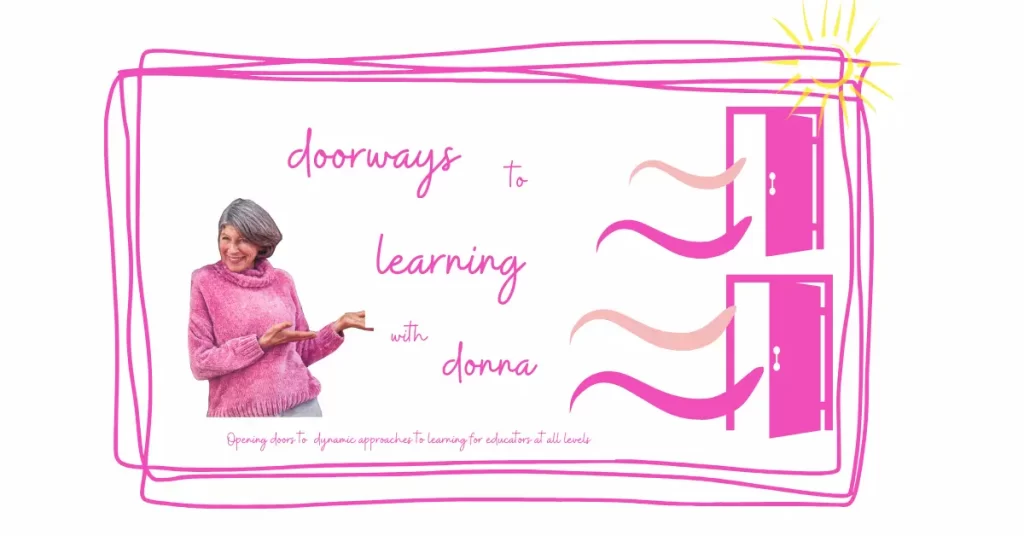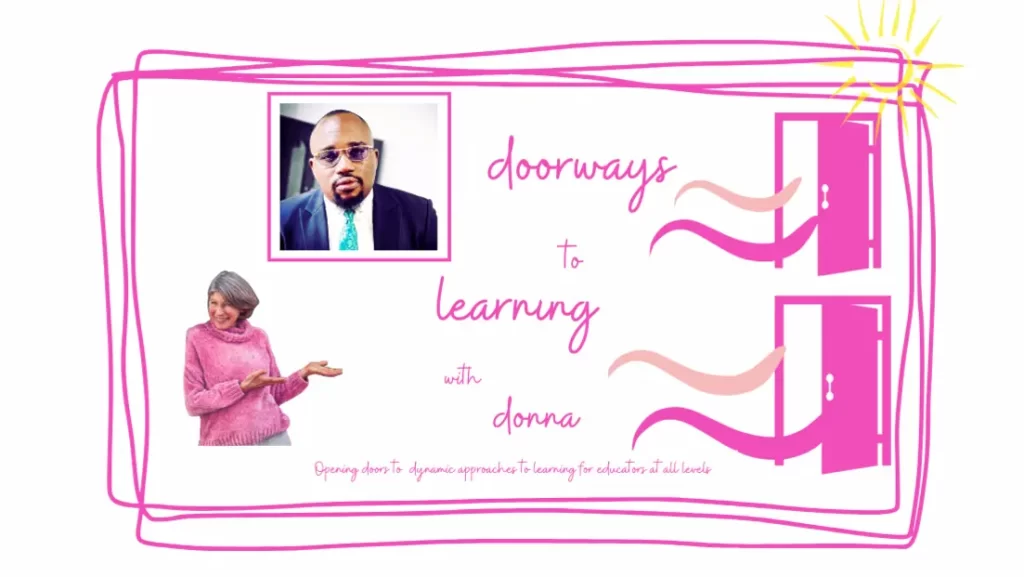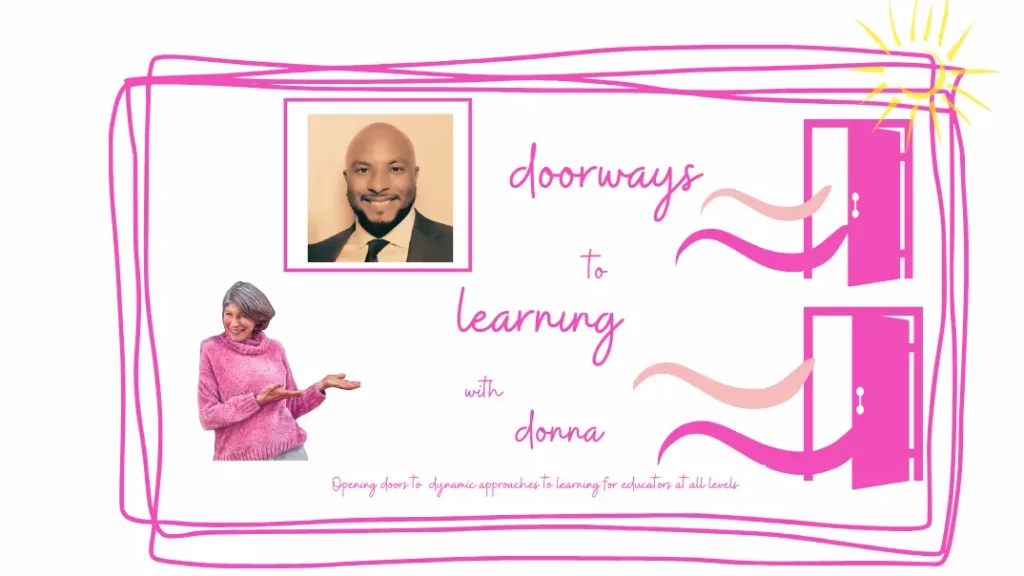Should teenagers explore entrepreneurship?
Should they be able to use class time to find their unique passions and then monitise them?
What social skills do teenagers need to create a business that includes community?
Activities to use this podcast in your lessons below.
Elizabeth Medhurst answers the questions above, and so much more. Her project/app Enterprise Adventure gives teenagers all over the world the steps to create and open their own businesses. It is a community of students in their own schools and online across oceans. More than businesses, however, students learn about themselves, what sets them apart from everyone else, what they can offer the world that is unique, and what they can put their energy into from the heart. News Flash: At the moment, users can register for free with the code ‘Superpower’ or by following this link (I will let you know if this changes).
Elizabeth’s bio: With a background in international teaching and political communications, Elizabeth is focused on Edtech, Gamification, and future advances in youth entrepreneurship and social mobility. As part of the Global Programmes Team at Teach A Man To Fish , she is now helping to foster skills development in youth worldwide while promoting sustainable and environmentally-conscious business models through their initiative the Enterprise Adventure. We talk about Surubhi Yadav and the Billion Reader initiative, that you can find at S1 E18.
Activities to use this podcast in your classes:
- Elizabeth talks about the skills needed to be an entrepreneur – but an entrepreneur who creates products that bind communities. Students listen to the podcast outside of class and make a list of what these skills are. They also do research on Enterprise Adventure’s webpage and make a list of 10 enterprises other tennagers have created while in the program. In class, they share their lists and discuss ways these enterprises could help your community.
- Enterprise Adventure encourages teenagers to monitise their projects. In groups, students make a profile – written, illustrated, audio (recording both the written and illustrated contributions), of two teenagers: one who earns extra money outside of school and one who does not. What are there characteristics, how has their decision (initiative or obligation to earn money) affected them on a social, emotional, physical level), and conclusions about whether teenagers should be permitted to work if it is their choice. Is monitising too big a responsibility for teenagers?
- Part of Enterprise Adventure is being part of a community of like-minded people who can give support and who you can give support to when working on similar projects. Students do research outside of class of 3-4 programs and/or apps that are attractive to them. They bring in information about these programs and in groups, students discuss how a community would be essential, or not-essential for the program to work.
Want fun facts about our guests? Little-known information about this topic? Find out all of it HERE!!
You can find more conversations like this one at Doorways to Learning with Donna
If you like this episode, treat Donna to a coffee!!

Scaffoldingmagic.com is your entryway into DYNAMIC bilingual learning methodologies, such as Phenomenon-Based Learning, CLIL, EMI, and ESL. You’ll find ways to implement critical thinking tools (DOK) to promote higher level thinking, the growth mindset, instil an ethic of excellence, deep reflection on learning, and all through multi-cultural, interdisciplinary activities. We have the keys to turning competences into action and to creating collective efficacy in your school so you move ahead as a unified, enthusiastic team.





